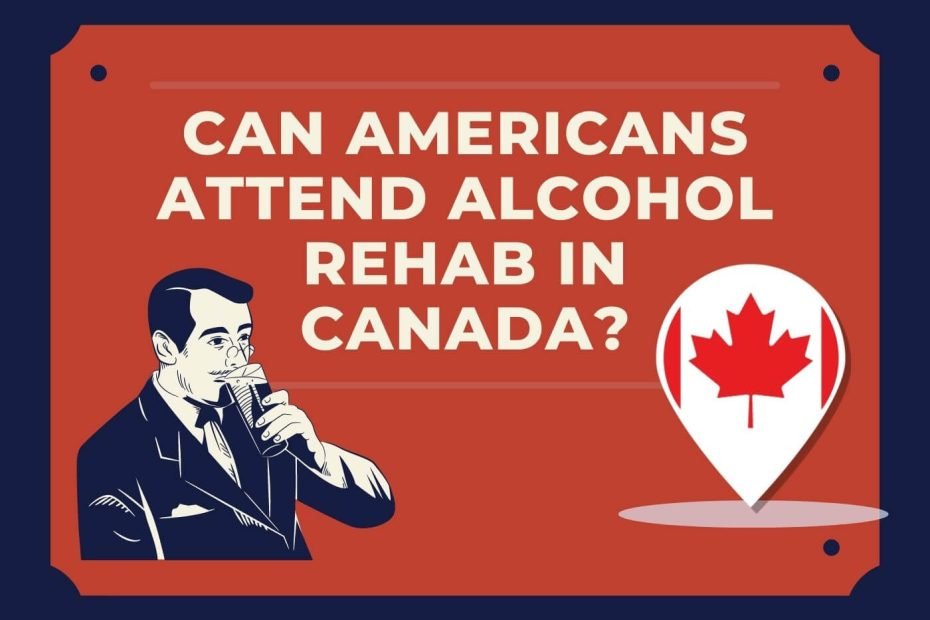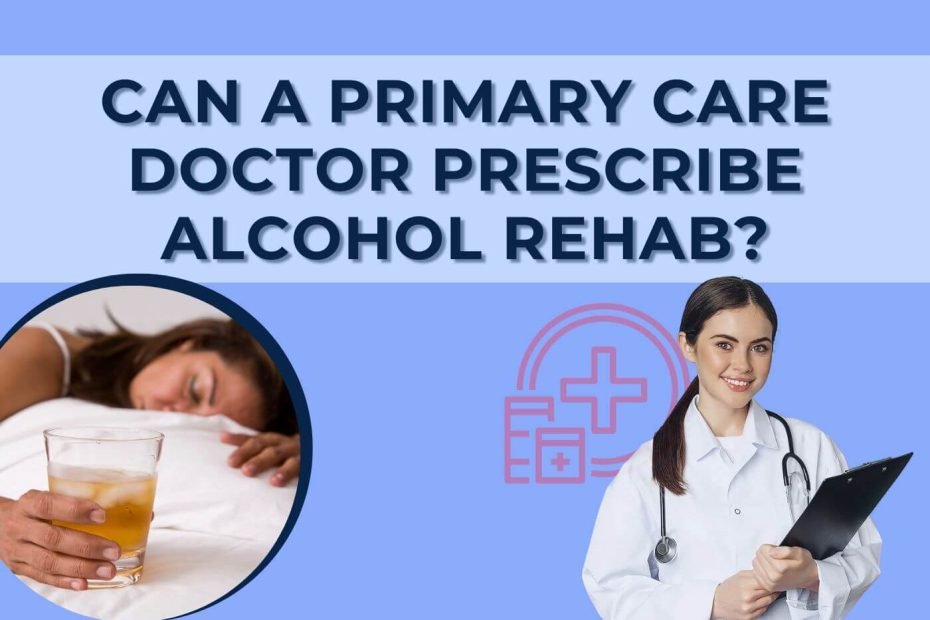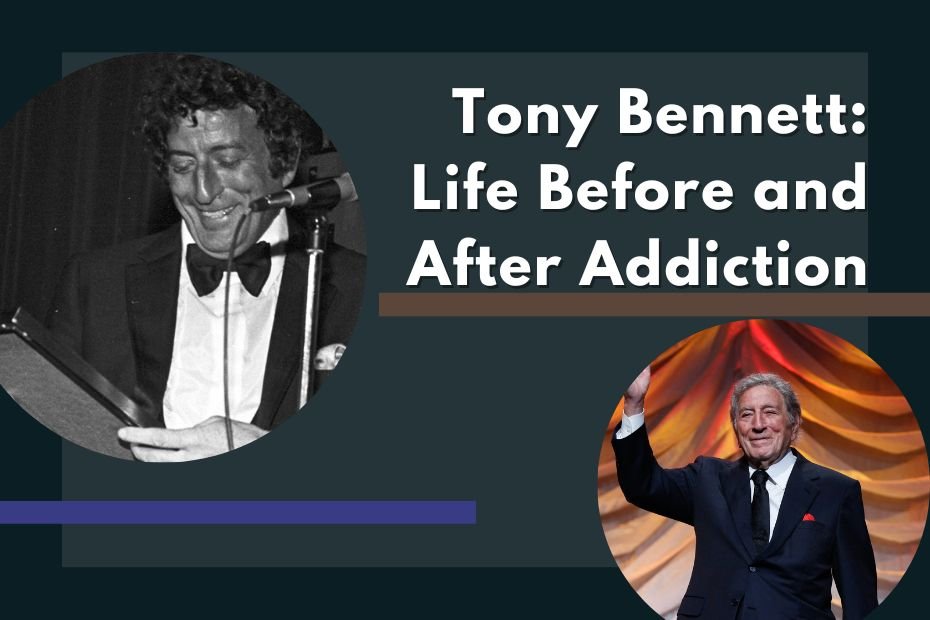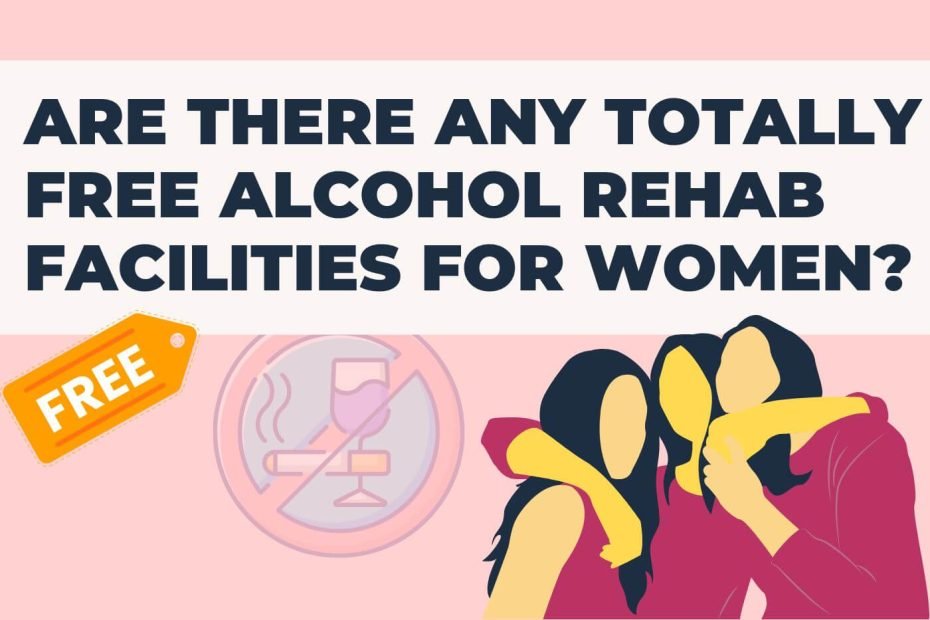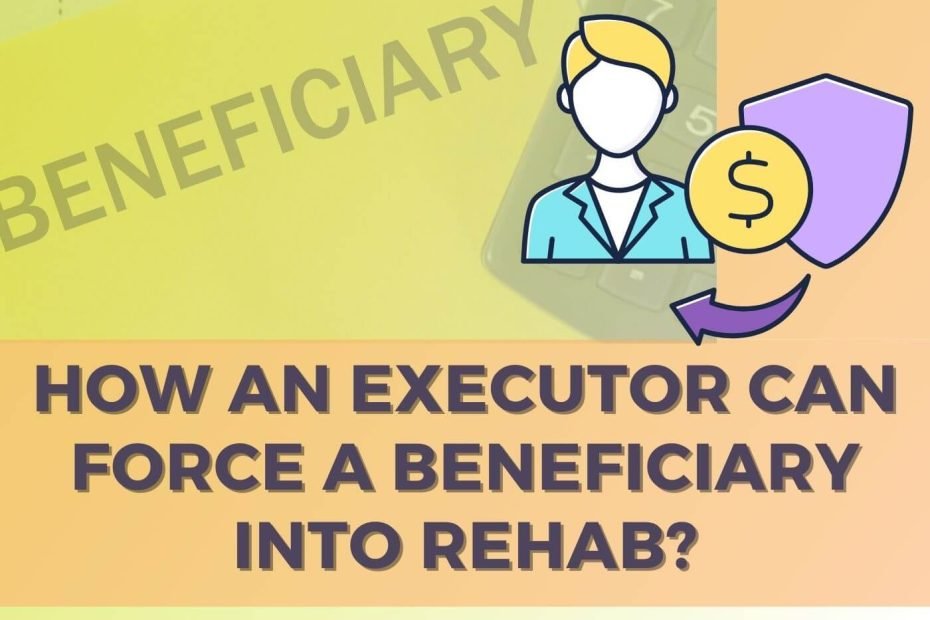Tony McKenzie
Tony McKenzie is a highly accomplished and prolific medical content writer with a specialization in rehabilitation and addiction treatment. With a Master of Science degree in Public Health, focusing on the field of Rehabilitation, from the esteemed University of the Witwatersrand in Johannesburg, South Africa, Tony possesses a deep understanding of the intricate dynamics involved in promoting and facilitating recovery.
Tony embarked on his professional journey at the Wedge Gardens Treatment Centre in Johannesburg, where he gained valuable hands-on experience and honed his expertise in assisting individuals on their path to healing and reclaiming their lives from addiction. Drawing from his extensive background, Tony subsequently expanded his horizons by working with multiple healthcare agencies across the United States, further broadening his perspective and enriching his knowledge of the intricacies of the rehabilitation process.
As a gifted writer, Tony leverages his comprehensive understanding of medical concepts and his unique ability to convey complex information in a clear and engaging manner. Through his compelling content, Tony educates, inspires, and supports individuals, families, and professionals in the field of rehabilitation and addiction treatment, empowering them with the knowledge and tools necessary for positive change.
Outside of his professional pursuits, Tony embraces a lifelong passion for learning, continuously exploring various aspects of health, nutrition, and meditation. In addition to his dedication to his craft, Tony finds profound joy in his role as a father, cherishing the time spent with his three beautiful children.
Tony's unwavering commitment to his profession, coupled with his compassionate nature and insatiable curiosity, make him an invaluable resource in the field of medical writing and an influential voice in the realm of rehabilitation and addiction treatment.


